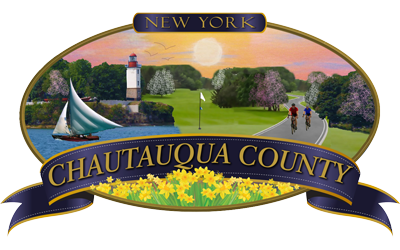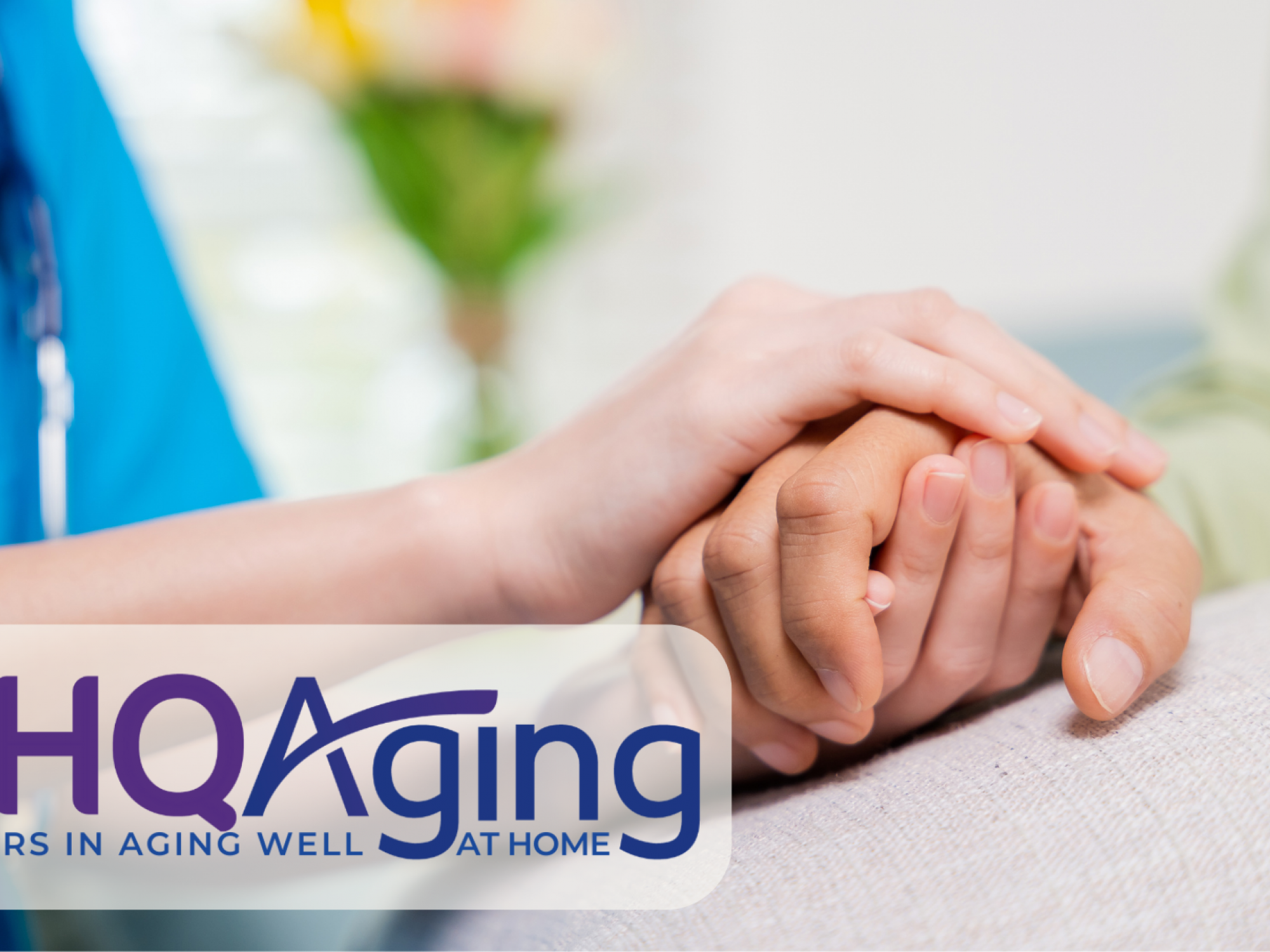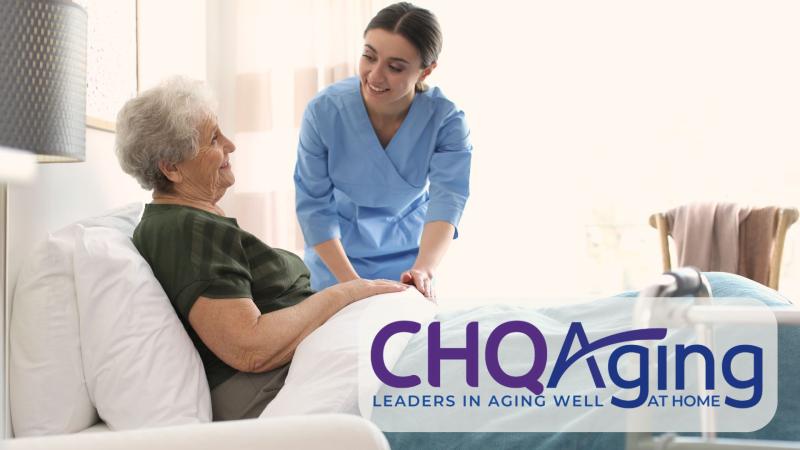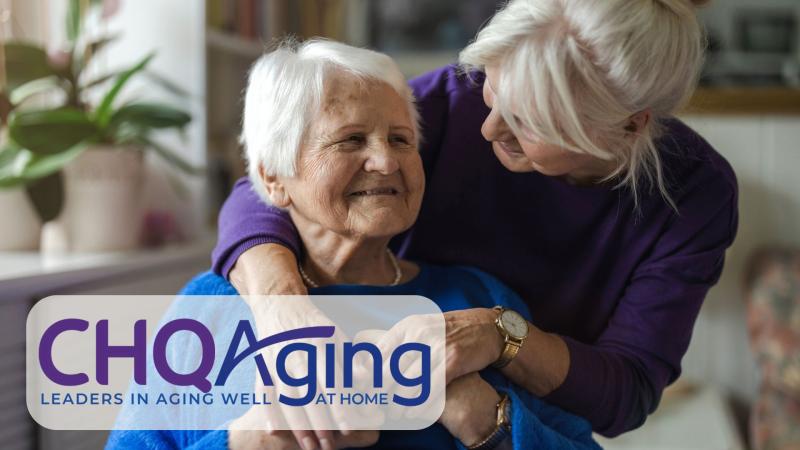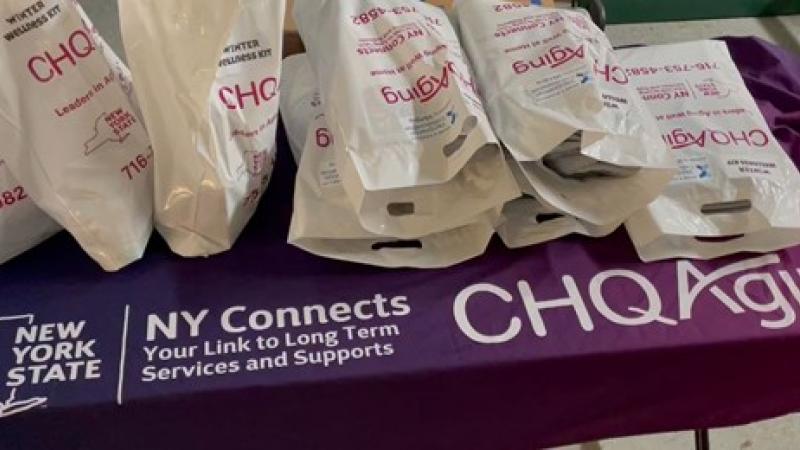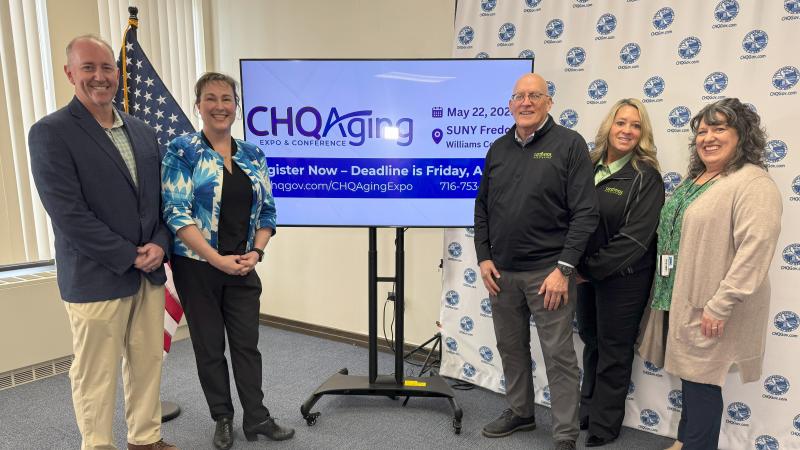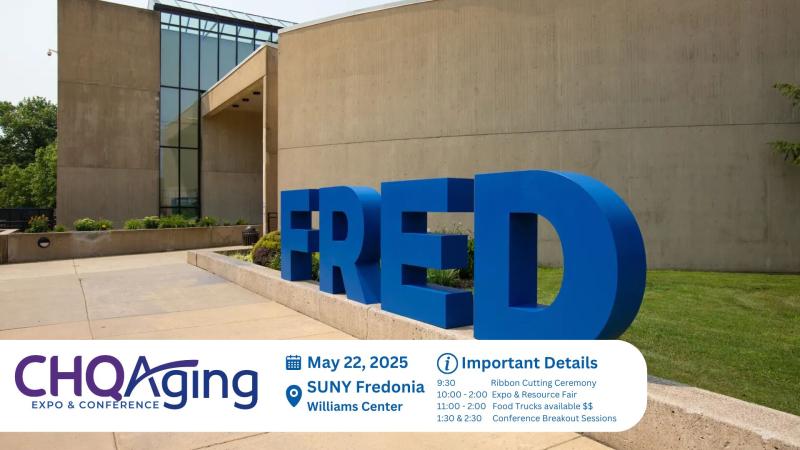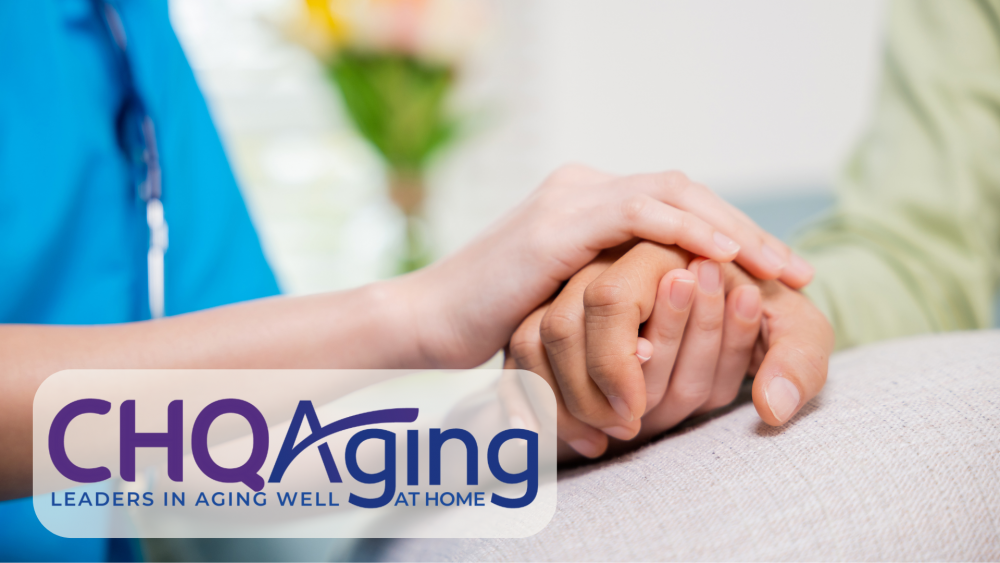
By Dana Corwin, Office for Aging Services, Interim Director
There are certain things that we all need to plan for, be prepared for, and know where to find in case of an unforeseen emergency, illness, or accident. Our age does not determine the need to be prepared; everyone needs to think about these issues. I am referring to health directives, financial directives, and end-of-life issues.
The National Institute for HealthCare Improvement tells us, “National Healthcare Decisions Day (sometimes referred to as NHDD) is an annual initiative celebrated on April 16th of every year to encourage and empower people to begin or continue conversations about their wishes for care through the end of life. NHDD is an initiative to educate people on the importance of advance care planning. It encourages individuals to express their wishes regarding healthcare and for providers and facilities to respect those wishes, whatever they may be. The ElderCare Locator publication “Let’s Talk” suggests; “Prior to talking openly with loved ones, it may be useful to gather your thoughts. Remember to get yourself ready. Think about the conversation. It might be useful to write a letter—to yourself, your family or a friend. Consider having a practice conversation with a friend. These conversations may reveal that you and your loved ones disagree on some things. That is okay. It’s important to simply know this, and to continue talking about it now—not during a crisis situation.”
It is important to have discussions with friends and family about advance directives, which include who will take on specific responsibilities, your preferences, and where to locate important documents. In case of an emergency, you do not want to be unable to find necessary items like insurance cards, health care proxies, medications, and health lists. These items are crucial during an emergency, so it is important to be prepared. Planning will save time and ensure easy access to these documents when they are needed.
The Eldercare Locator has a helpful publication called "Let's Talk" that covers health, finances, legal matters, and end-of-life issues. You can find it on their website at https://eldercare.acl.gov/Public/Resources/Brochures/docs/Conversations.pdf
This resource helps to guide families and friends through a conversation and start to identify what is important to and important for their loved ones. It reminds us to share where documents are kept like health records, health care proxies, insurance information, medication lists, and powers of attorney. It also recommends other publications to help have this conversation with your medical providers. AARP has a Prepare to Care: A Planning Guide for Families. https://learn.aarp.org/prepare-to-care-guide There are many resources online and from different agencies.
A Power of attorney is used to help manage property matters and financial directives. A will allows you to identify belongings that you will pass on to others. Advance directives clearly outline the type of care you wish to have if you get significantly ill and cannot speak for yourself. A healthcare proxy can make the medical decisions necessary if you cannot speak for yourself. Trusts are a way to manage resources like property. The MOLST form is used in nursing homes, hospitals, and Hospice care settings. A community Do Not Resuscitate is discussed and initiated by your primary care physician to prevent CPR by emergency personnel in your home.
Take the time to talk with family and friends about what is important to you! It is a conversation that should be revisited regularly as things can change and the conversation may need to continue. The Eldercare locator recommends reviewing your plan using the 5 “D’s”: every decade, after the death of a loved one, after a divorce, after a significant diagnosis, and after any significant decline. As tough as it may seem to initiate these types of conversations, your family and friends will thank you for sharing and caring and preparing them for what may come. These conversations bring people closer; just knowing that you can depend on someone is invaluable. Take the time to talk about emergencies!
You can call, drop in, or email NY Connects for more information on these types of needs. We can tell you about legal resources, and help to address your personal needs for health, legal, financial, and end-of-life concerns. Chautauqua County NY Connects program can provide Information and Assistance on available long-term services and support options to the older population, individuals of all ages with disabilities, and caregivers. Information and Assistance are available in various ways including telephone access, face-to-face meetings in the community, or email. NY Connects can accessed through its statewide telephone number (800-342-9871), which connects callers with local offices by county. If you need information about programs, services, benefits, or entitlements, you can call the Chautauqua County NY Connects program. There is an online resource tool called the NY Connects Resource Directory. Go to www.nyconnects.ny.gov. to take a look. There are NY Connects programs located with the Office for Aging Services and the SouthWestern Independent Living Center. You can reach NY Connects by phone: at 716-753-4582, email: at ccnyc@chggov.com Southwestern Independent Living NY Connects at 716-661-3010 or 716-490-7561. The state NY Connects Resource Directory can be found at https://www.nyconnects.ny.gov/.
